- Topics
- Campaigning
- Careers
- Colleges
- Community
- Education and training
- Environment
- Equality
- Federation
- General secretary message
- Government
- Health and safety
- History
- Industrial
- International
- Law
- Members at work
- Nautilus news
- Nautilus partnerships
- Netherlands
- Open days
- Opinion
- Organising
- Podcasts from Nautilus
- Sponsored content
- Switzerland
- Technology
- Ukraine
- United Kingdom
- Welfare
Risky business – how the annual MCA Maritime Health Seminar helps doctors assess seafarers' fitness
10 December 2019
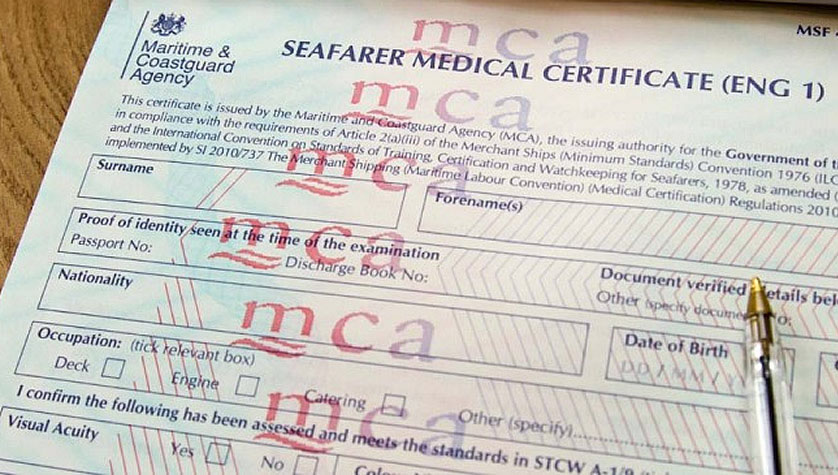
Many seafarers dread the medical assessments that determine whether they are fit to work at sea, but when you know what’s going on behind the scenes, it may not seem so daunting. Sarah Robinson finds out more at the annual MCA Maritime Health Seminar
There was a time, not so long ago, when seafarers arriving at a medical test with a long-term health condition could pretty much say goodbye to their careers.
These days, though, advances in medicine have created the possibility that some people with, say, diabetes or asthma could effectively manage their condition and stay fit and well when working at sea. Maritime authorities were understandably cautious at first about accepting this, but have now developed a risk-based approach where each case is taken on its own merits.
So although most people will still need a full ENG 1 certificate to work at sea, someone reasonably fit but with a particular condition in their medical history may be allowed to work with restrictions – perhaps only in coastal waters, or only in a particular role.
In the UK, the accredited medical professionals who deal with these cases – known as Approved Doctors - are given guidance by the Maritime & Coastguard Agency (MCA) about how to assess a seafarer as fit for work. However, they must also exercise their own judgement on how 'risky' a person might be as a crew member.
This is a challenging task that is not taken lightly, and 'Risk' was therefore chosen as the theme of the latest annual MCA Maritime Health Seminar, held in central London in November 2019. At the event - which Approved Doctors must attend at least once every two years to keep their accreditation – expert speakers gave presentations about the risk factors associated with a variety of health conditions and the doctors then worked in groups on a series of anonymised case studies to decide which level of fitness certification they would award the seafarer described.
We're all human – even doctors
Opening the seminar, the MCA chief medical advisor Dr Sally Bell pointed out that some people are naturally more risk-averse than others, and doctors are no different, so an individual Approved Doctor's personality will affect the way they assess a candidate for fitness to work at sea. The seminar would seek to achieve greater consistency between assessments, not only by offering further guidance from the MCA, but also by providing an opportunity for doctors to discuss their feelings about the risks associated with particular cases.
Understanding a candidate's work at sea
The first expert speaker was Dr Sue Stannard of the Norwegian Centre for Maritime Medicine. Dr Stannard stressed the importance of considering the demands of a seafarer's particular onboard role when deciding on the kind of medical certificate to award. 'Listen to your seafarer,' she urged.
It is one matter if someone is employed to work in a ferry's onboard shop, and quite another if the person will be required in an emergency to run up several flights of stairs wearing firefighting breathing apparatus. And while it is acknowledged that many people can work at sea with a well-controlled medical condition, she continued, Approved Doctors should be wary of assuming that a seafarer can be supported by onboard medical care in an emergency. Even with technology such as telemedicine now available, medical facilities and expertise vary enormously between vessels.
Evacuation, too, is not a 'get out of jail free' card and should only be considered as an option of last resort, as there is a risk of further harm both to the unwell seafarer and their colleagues once helicopters or ship-to-ship transfers become involved.
Asthma
The next speaker was Professor David Fishwick, an expert in respiratory health who is the chief medical adviser to the independent workplace regulator HSE in Great Britain and Northern Ireland.
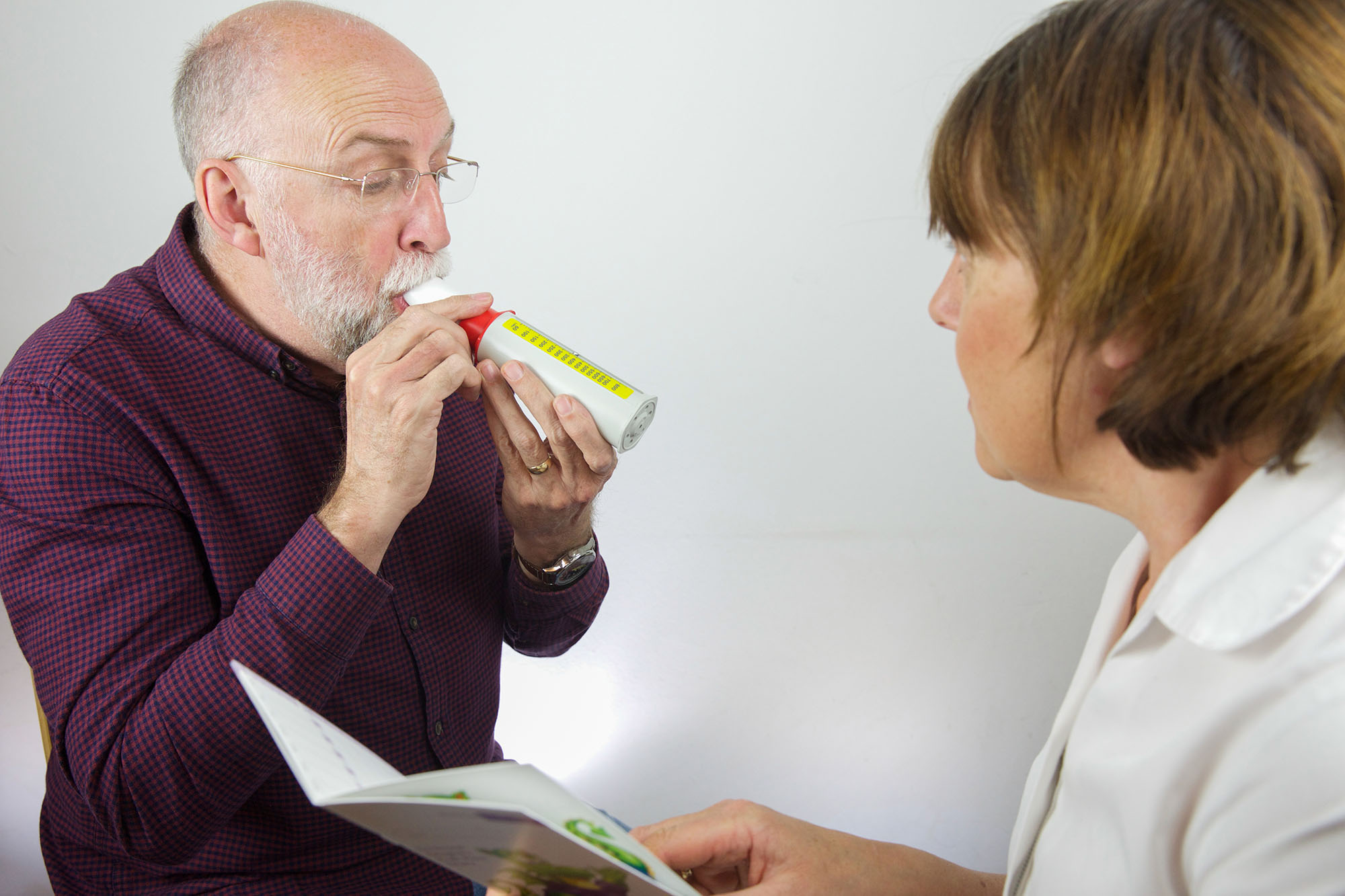
Prof Fishwick spoke about the risks associated with asthma, a very challenging condition which can seem mild and well-controlled but can kill patients in as little as 30 minutes from the onset of an attack.
Prof Fishwick shared information about the risk factors for asthma, noting in particular that if a patient had previously had a hospital admission for the disease, this 'massively increases the chances of things going badly wrong again'.
However, he said that most seafarers with asthma would be fit to work.
The key was education: making sure people with asthma knew how to control their illness with medication and by avoiding certain environmental triggers.
Rheumatoid arthritis
Professor David Isenberg is academic director of rheumatology at University College London and chair of Lupus UK's research committee.
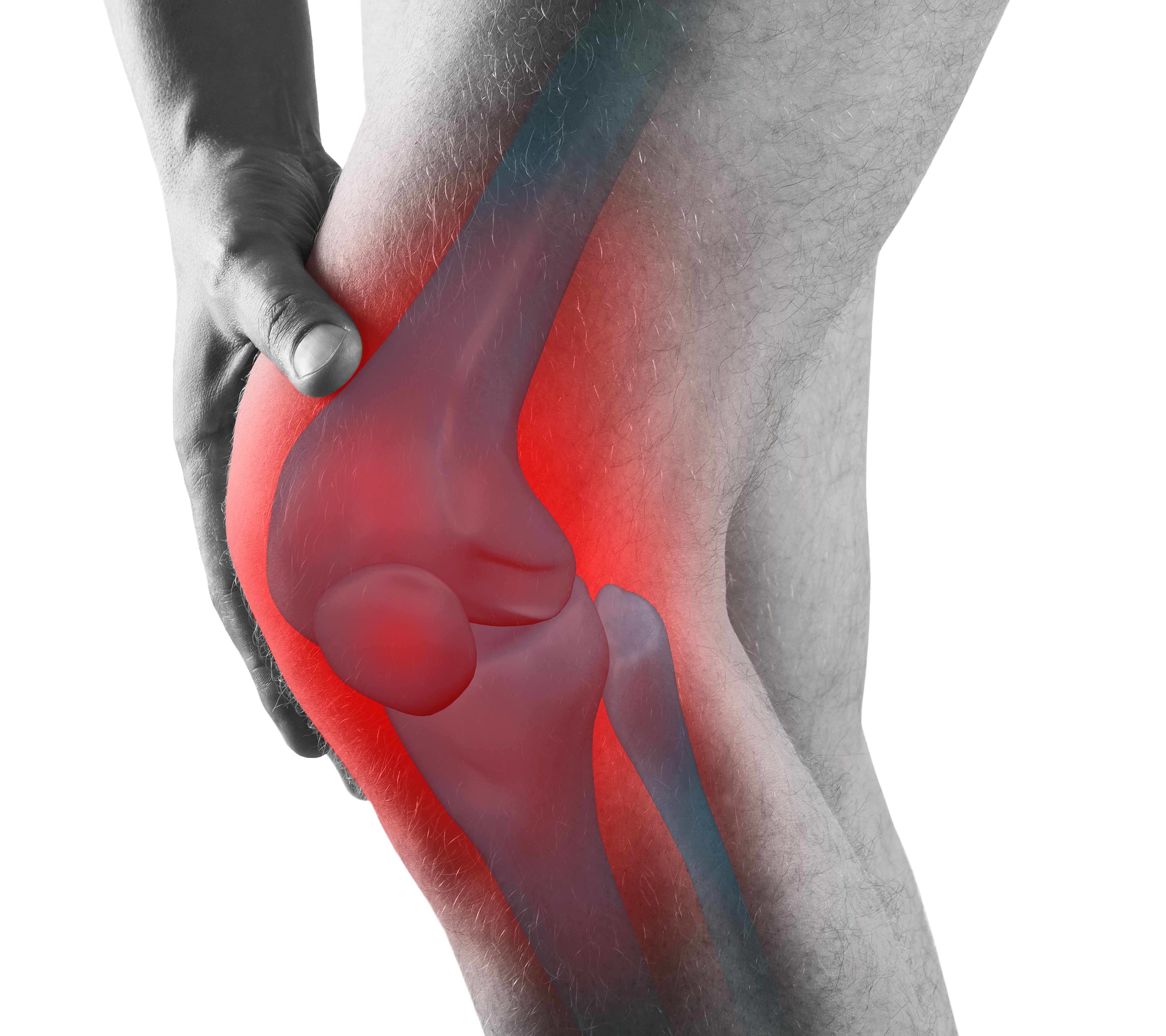
In his presentation, he spoke about whether a seafarer with the immune system disorder rheumatoid arthritis could be passed as fit to work, and identified the management of medicines as an important issue.
A seafarer taking a new medicine for rheumatoid arthritis should not be passed as fit, Prof Isenberg said, until a certain period has passed for assessing the medicine's effectiveness and ensuring there are no debilitating side effects.
Approved Doctors should also consider how a seafarer on any rheumatoid arthritis medication will be able to access regular blood tests to check how the medicine is affecting the liver.
Cardiovascular disease
Dr Aditi Kumar was the next speaker, looking at the risks associated with cardiovascular disease (which includes heart attacks and strokes). Dr Kumar is medical advisor for the DVLA, the UK road vehicle licensing body, and is involved in the interpretation and application of driving licence regulations in relation to medical fitness to drive.
Her presentation focused on the warning signs for doctors to look out for when assessing the risk of a candidate suffering a sudden and disabling event. For example, a person who has had peripheral arterial disease has a higher risk of cardiac events, as does a stroke survivor. Dr Kumar noted that a useful risk assessment test is to check whether a candidate's heart rate drops by 10 beats a minute when recovering after a timed period of exercise on a treadmill – any less than this and the person is at a higher risk of cardiovascular events.
Shipboard hazards and severe allergies
The final speaker was Captain Cate Heil, an examiner of master and mates whose role at the MCA includes providing advice to industry and seafarers on training and certification.
She noted that the Work in Fishing Convention 2007 is now coming into force, requiring fishing vessel crews to have medicals for the first time, so Approved Doctors are likely to be seeing more candidates from this sector in 2020.
Guidance on the medical fitness standards under the Work in Fishing Convention and its merchant seafaring equivalent, the Maritime Labour Convention, can be found in the document MSN 1886 at www.gov.uk.
In the rest of her presentation, Capt Heil encouraged Approved Doctors to think carefully about the particular hazards and challenges an individual seafarer can encounter onboard ship when making their decisions about which medical certificate to issue. For example, would someone with arthritis in their hands be able to hold onto rails and keep themselves safe when going up and down ladders and steep steps?
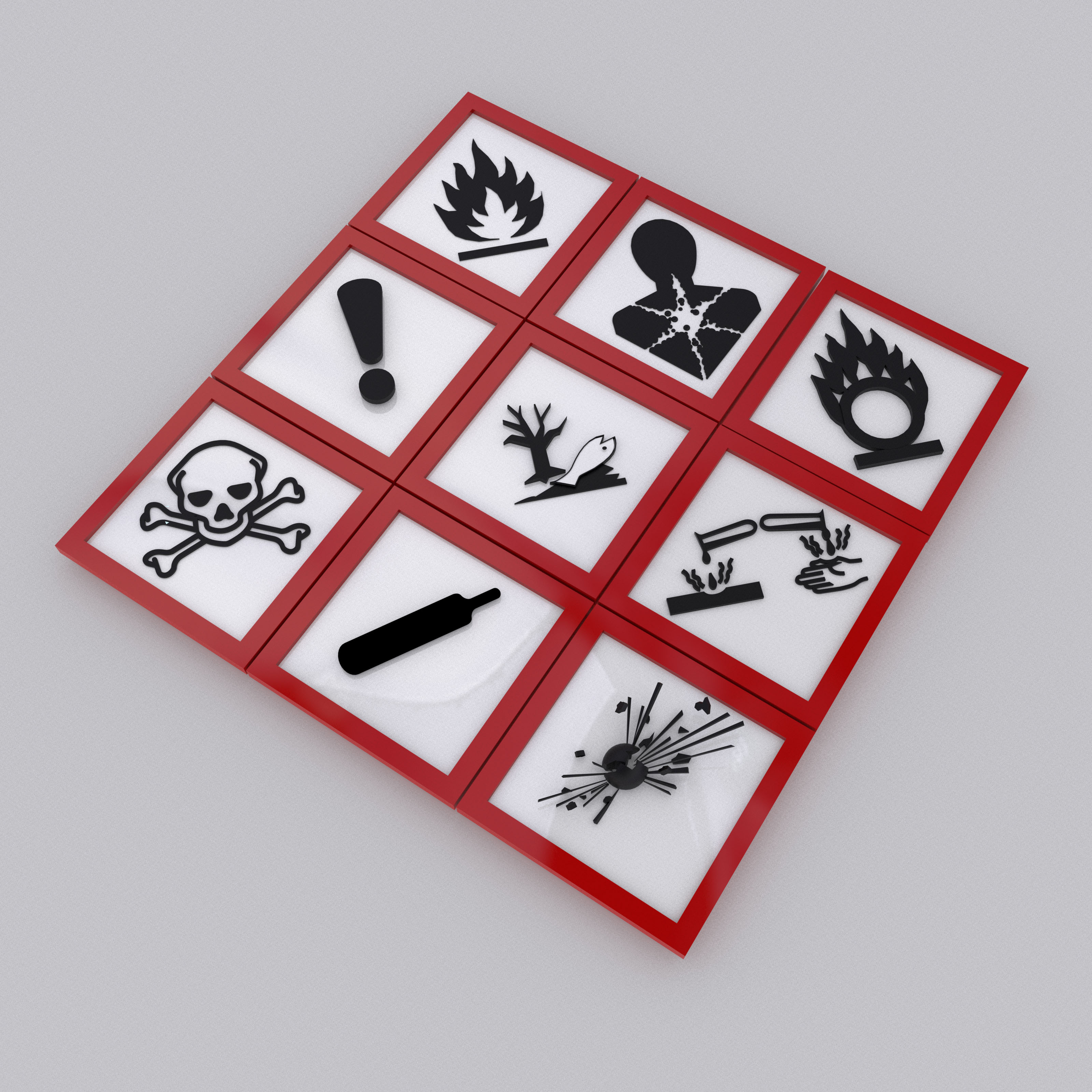
She also noted that IMO safety training requirements are now tighter than they used to be, requiring seafarers to show every five years that they can fight a fire and right a lifeboat. And Approved Doctors should pay particular attention to the rise in allergies and intolerances, which can be difficult to deal with on many vessels and can pose an immediate risk to life.
This point was well understood by the doctors at the seminar, and when they were looking at their case studies, the only candidate they all agreed should be completely barred from working at sea was the case of an 18-year-old cadet who had previously been hospitalised with anaphylactic shock. The doctors were regretful about this, because they always try to find a way in which candidates can improve their health to pursue a career at sea, but they felt it was better for a young person to make an early change of course than to find out after their nautical studies that they would not be allowed to work onboard ship.
Evacuation is not a 'get out of jail free' card and should only be considered as an option of last resort, as there is a risk of further harm to patient and colleagues Dr Sue Stannard of the Norwegian Centre for Maritime Medicine
Approved Doctors under the microscope

They hold your seafaring career in their hands, but what are their backgrounds and qualifications? Three MCA Approved Doctors (ADs) who attended the November 2019 Maritime Health Seminar tell us more about themselves.
Dr John Houghton – Liverpool
My father was a captain in the Merchant Navy and worked for PSNC and then Furness Withy, amongst others. During our childhood years we often visited him on the ship when in port in the UK, and even accompanied him on two voyages.
I qualified from Guy's Hospital Medical School in 1987 and became a GP in 1992. From 1998-2003, I was a medical officer in the RAF. I have been an NHS GP in a busy inner-city practice since 2003 and an AD since 2007, when somebody retired and the MCA advertised for a replacement.
I see two seafarers a week and complete an average of 60 medicals a year. Seafarers are seen at our inspected and approved practice at the Ropewalks Medical Centre, which is in the centre of Liverpool, close to the Albert Dock. I have yet to do a medical on a fisherman but I have done medicals on all other groups of seafarers.
In the last few years, the main reason I've had to declare clients unfit to go to sea or put restrictions on their ENG certificates is obesity. If they have a health condition, I'd advise candidates to bring copies of recent hospital letters together with any blood test, scan reports and ongoing prescriptions.
What I like about being an AD is that it can be quite different to a GP consultation, in that seafarers are usually fit and well!
Dr Christopher Besse – South of France
I was brought up by the sea in France and encouraged by my father to get involved in boating and other waterborne sports.
I qualified as a doctor in London in 1981, became a flying doctor in East Africa soon after that and later returned to the UK to specialise in chest medicine before going into general practice for five years. I worked with Médecins Sans Frontières in Iraq and the Balkans and subsequently the World Health Organisation, before co-founding the charity Merlin (now part of Save the Children), which recruited and sent volunteer health workers to disasters all over the world.
After this, I sailed round the world twice before starting a family and returning to live in the South of France in 2013. An old friend, Dr Patrick Ireland, asked me to join him in his bilingual general practice in Valbonne, and I also became an MCA Approved Doctor like him.
I see five seafarers on average per week, and nearly all our clients are from the superyacht industry. Very few of our seafarers are failed, mainly because we have a very young age set. Restrictions are invariably for intercurrent illness, surgery or injuries, colour blindness and severe allergy.
The main reason for 'failing an ENG1' that we encounter is people not realising that they have a problem: changes in vision, weight, blood pressure. Those who know they have longstanding problems usually bring necessary correspondence to substantiate their illness or risk factors.
The hardest thing is dealing with those that clearly know they have a problem and don't declare it on questioning. The difficult questions then ensue, and if abnormalities are then detected on examination, it becomes complicated!
Another issue is that this cohort of seafarers are unused to having any problem. They leave the examination to the very last moment and don’t realise there can be a holdup due to something like deterioration in correctable visual acuity.
In general, I really enjoy meeting the seafarers and hearing about their travels. The superyacht industry is full of very interesting people who have interesting lives. The fact that most of them are young and fit makes the occasionally heavy workload tolerable. Another plus-point of being an AD is that the MCA is a very serious, responsible and professional organisation, and the people there are extremely helpful and easy to work with.
Dr Lesley Sowden – Cornwall
I come from a family of naval personnel and served in the Royal Navy for 16 years as a medical officer.
I studied in St Andrews and then Manchester University medical schools, joining the RN as a student in 1991. I qualified as a GP in 2000 and left the RN in 2007 to become a civilian GP in Cornwall and to have a family. I found out about Approved Doctors through a former AD who was retiring.
I work alongside another AD at our GP practice, I personally have appointments for four or five ENG1s per week.
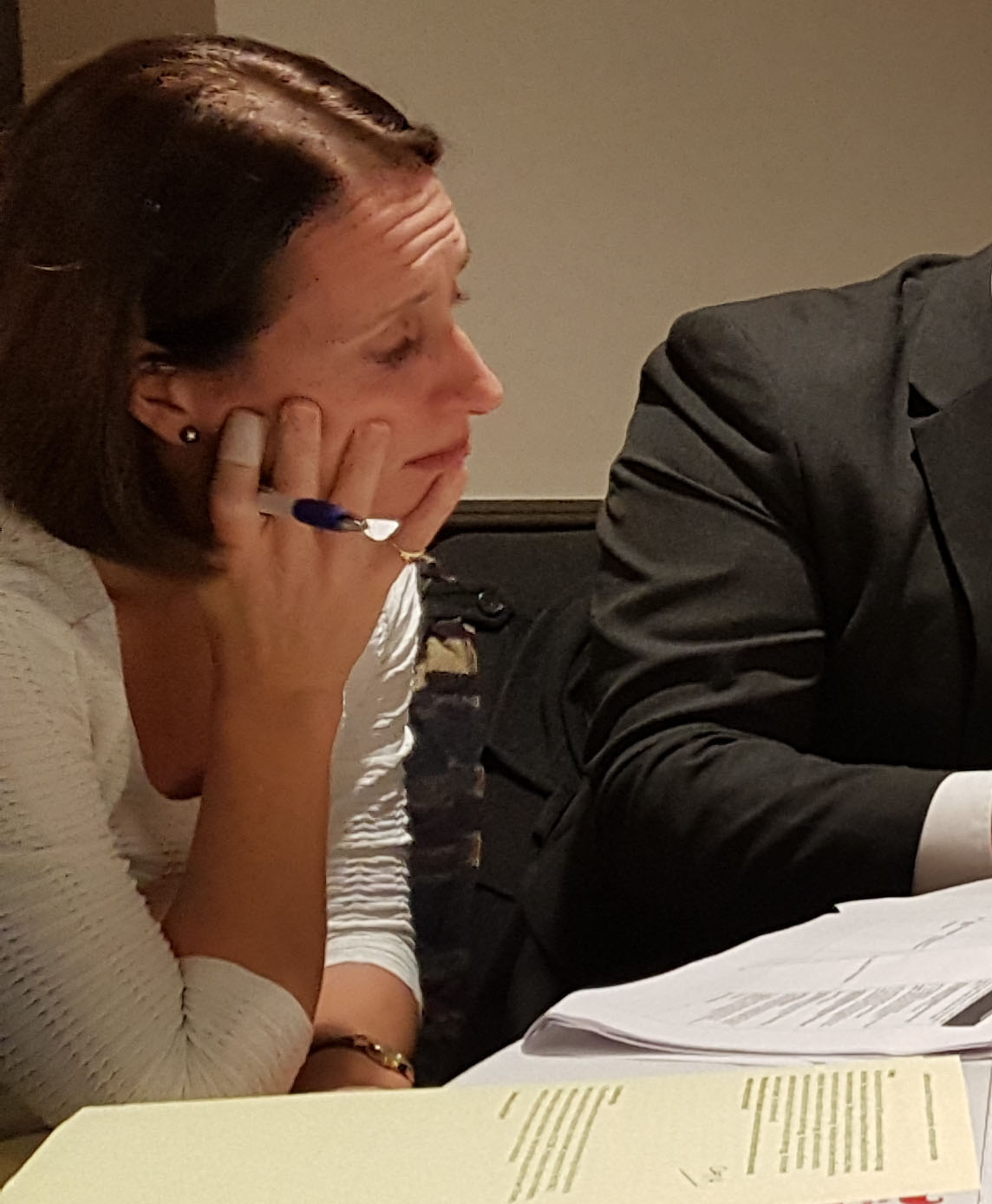
The seafarers we see include those in the offshore sector, RFA, superyachts, cruise ships and the SERCO and Princess Yachts employees from the dockyard in Plymouth. We have seen few fishermen here to date.
I have had a number of seafarers recovering from cancer treatments who have required restrictions to allow them to continue treatment and surveillance. Sadly, the other group has been around obesity and fitness and I have several who are on time restrictions with targets for weight loss and fitness improvements.
Specialist letters and reports are a real godsend when trying to make judgements about potential restrictions – whether imposing or lifting.
I really enjoy talking to seafarers and learning about their careers and working environments.
My RN time exposed me to lots of Naval humour and I find that most seafarers seem to share this view of life, which is fun and refreshing from what can become the daily grind of general practice.
I would say to seafarers: do use us in the best possible way to improve your health and keep you medically safe. We are on your side!
Tags
